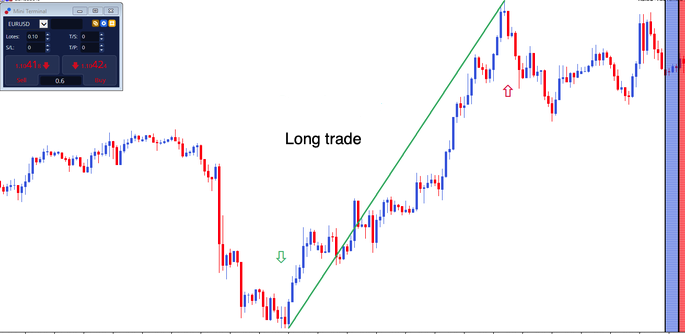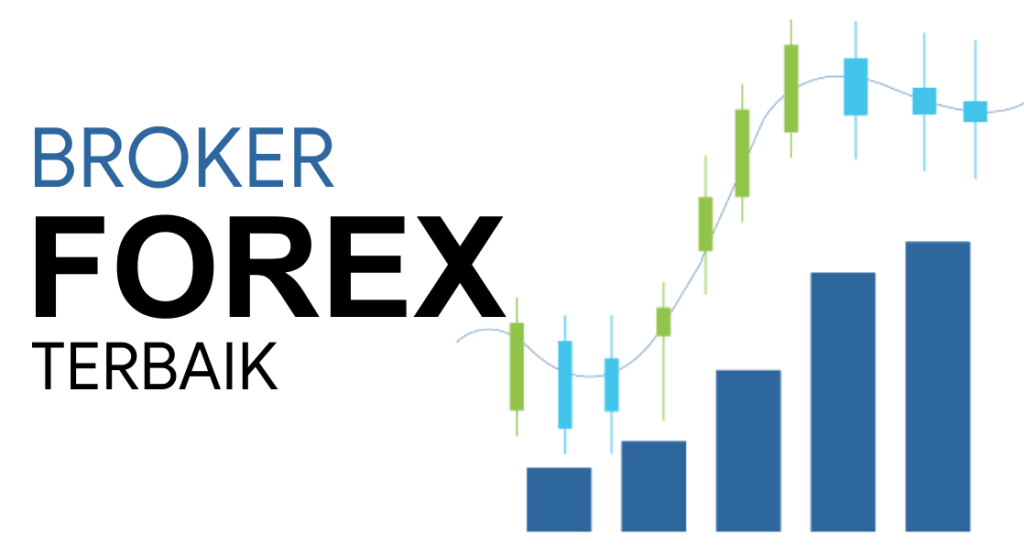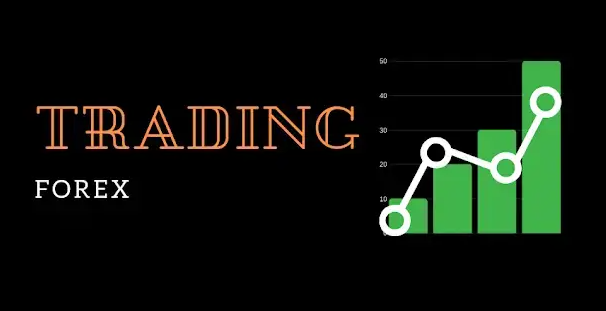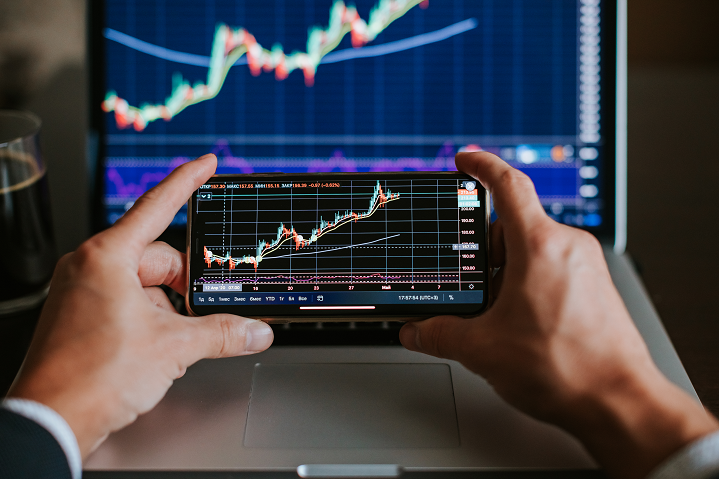How to Forex, short for foreign exchange, is the process of buying and selling currencies to make a profit. Learning how to forex can be an exciting and potentially profitable venture. Whether you’re a beginner or an experienced trader, understanding the basics and implementing effective strategies is crucial for success in the forex market.
Getting Started in Forex Trading
Before diving into forex trading, it’s important to have a solid foundation. Here are some key steps to get started:
- Educate Yourself: Start by learning the fundamental concepts of forex trading. Understand the terminology, how currency pairs are traded, and the factors that influence exchange rates. There are many online resources, courses, and books available to help you gain knowledge and understanding.
- Choose a Reliable Broker: Selecting the right forex broker is crucial. Look for a broker that is reputable, regulated, and offers a user-friendly trading platform. Consider factors such as transaction costs, customer support, and available trading tools.
- Open a Demo Account: Practice trading with a demo account before risking real money. A demo account allows you to trade using virtual funds, giving you the opportunity to familiarize yourself with the trading platform and test di fferent strategies without any financial risk.
- Develop a Trading Plan: Outline your trading goals, risk tolerance, and preferred trading style. A trading plan helps you stay di sciplined and focused on your objectives. It should include your entry and exit strategies, risk management techniques, and criteria for evaluating trades.
Understanding Fundamental and Technical Analysis
Successful forex trading involves a combination of fundamental and technical analysis. Here’s an overview of each:
- Fundamental Analysis: This approach involves analyzing economic indicators, news events, and geopolitical factors that affect currency values. It helps traders understand the underlying forces driving the market and make informed trading decisions based on economic data and news releases.
- Technical Analysis: Technical analysis focuses on analyzing price charts and using various tools and indicators to identify patterns, trends, and potential entry and exit points. It involves studying historical price data to predict future price movements and make trading decisions accordingly.
By combining fundamental and technical analysis, traders can gain a comprehensive understanding of the forex market and make more informed trading decisions.
Implementing Effective Trading Strategies
Developing and implementing effective trading strategies is essential for success in forex trading. Here are a few popular strategies:
- Trend Trading: This strategy involves identifying and trading with the prevailing market trend. Traders look for currency pairs that are consistently moving in a particular di rection and aim to enter positions in line with the trend.
- Breakout Trading: Breakout traders focus on currency pairs that are experiencing significant price movements and breaking through key support or resistance levels. They enter positions when the price breaks out of its established range, anticipating continued momentum in the di rection of the breakout.
- Range Trading: Range traders identify currency pairs that are trading within a defined range or channel. They aim to buy at the lower boundary of the range and sell at the upper boundary, taking advantage of repeated price bounces between support and resistance levels.
- Carry Trading: Carry traders take advantage of interest rate between currencies. They borrow funds in a low-interest-rate currency and invest in a higher-interest-rate currency, profiting from the interest rate di fferential as well as potential exchange rate movements.
Managing Risk in Forex Trading
Effective risk management is vital for long-term success in forex trading. Consider the following risk management techniques:
- Use Stop Loss Orders: Set stop loss orders to limit potential losses on each trade. A stop loss order automatically closes a position when the price reaches a predetermined level, protecting your capital.
- Practice Proper Position Sizing: Determine the appropriate position size for each trade based on your risk tolerance and account size. Avoid risking a significant portion of your capital on a single trade.
- Diversify Your Portfolio: Spread your trades across currency pairs and avoid concentrating your positions in a single currency or market. Di versification helps mitigate the impact of unexpected market movements.
- Stay Informed: Keep up with market news and events that may impact your trades. Unexpected economic or political developments can cause significant market volatility, so it’s essential to stay informed and adjust your trading strategy accordingly.
Conclusion and Suggestions
Learning how to forex can be a rewarding journey, but it requires dedication, knowledge, and practice. Start by educating yourself about the basics of forex trading, choose a reliable broker, and develop a trading plan. Combine fundamental and technical analysis to gain a comprehensive understanding of the market, and implement effective trading strategies that align with your trading goals and risk tolerance.
It’s important to remember that forex trading involves risks, and there are no guarantees of profit. However, by implementing proper risk management techniques and staying informed about market trends and events, you can increase your chances of success.
Here are a few additional suggestions to enhance your forex trading journey:
- Maintain Discipline: Stick to your trading plan and avoid making impulsive decisions based on emotions. Emotions such as fear and greed can lead to irrational trading, so it’s crucial to maintain discipline and follow your predetermined strategies.
- Practice Patience: Forex trading requires patience. Not every trade will be profitable, and there will be ups and downs along the way. Avoid chasing quick gains and focus on long-term success by sticking to your strategy and being patient with your trades.
- Continuously Learn and Improve: The forex market is dynamic and ever-changing. Stay updated with market trends, economic indicators, and trading techniques. Continuously educate yourself and adapt your strategies as needed to improve your trading skills.
- Utilize Demo Accounts: Take advantage of demo accounts offered by brokers to practice trading without risking real money. Use this opportunity to test new strategies, refine your skills, and gain confidence before transitioning to live trading.
- Seek Knowledgeable Resources: Engage with online communities, forums, and educational platforms where experienced traders share their insights and strategies. Networking with fellow traders can provide valuable insights and different perspectives on the forex market.
In conclusion, learning how to forex is a journey that requires dedication, continuous learning, and practical experience. By understanding the fundamentals, implementing effective strategies, managing risk, and staying disciplined, you can increase your chances of success in the forex market. Remember to always trade responsibly and be prepared for both profits and losses.







